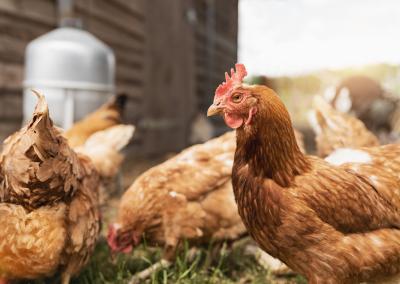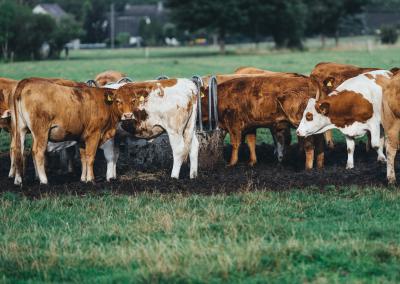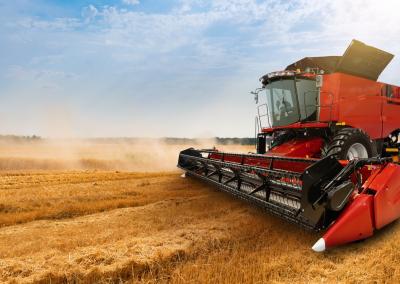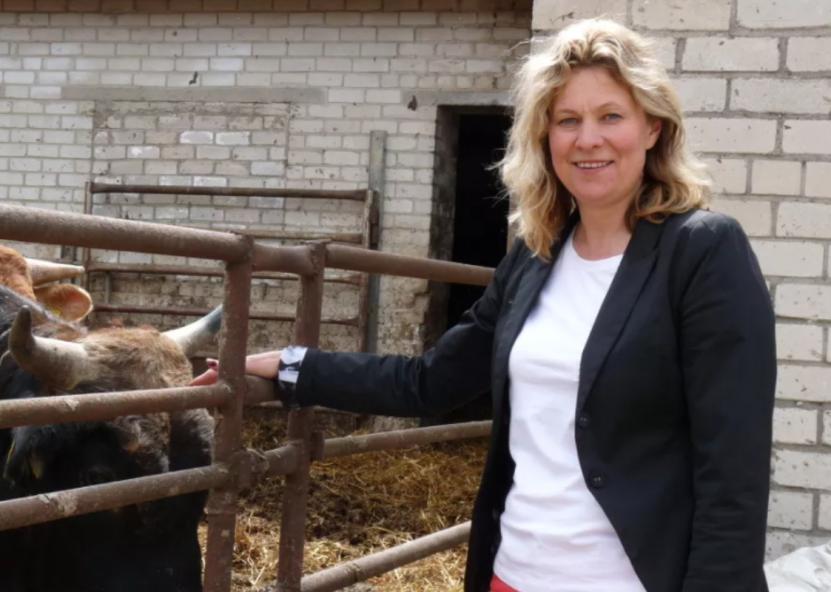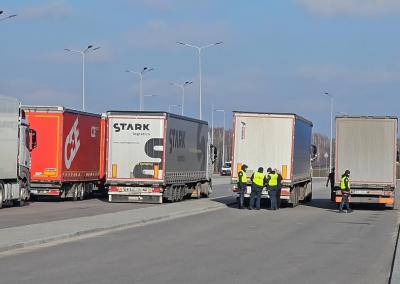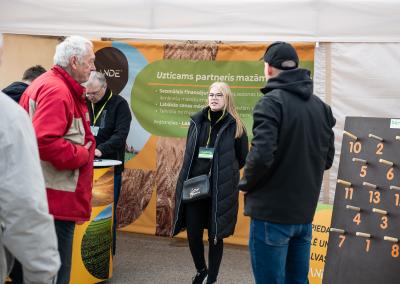Farmer Alma Rutkauskiene: "The best thing to do in agriculture today is to do nothing"
Winter is over and the calendar spring has begun. For farmers, the start of serious work is about to begin. What will the spring weather be like, what harvests can be expected, what will be the farm-gate prices, and are farmers satisfied with agricultural policy? These and other questions are on the minds of many farmers.
„If we talk about the weather, it is too early to predict the harvest, it is still a month away, so there could be all sorts of catastrophes. We are experiencing climate change, temperatures are fluctuating, this is not good – as a human being needs to adapt to it, it is the same for a plant“, – said pašne kovė.
Speaking about farm gate prices, the farmer noted that šthe cost of production has been rising a lot in the šrecentšperiod, so what was paid for production aš few years ago is now unacceptable and unprofitable.
„Now the cost is very high, the demands on the farmer are very high, now the farmer cannot go to fertilise the fields until the Minister allows it“, – Rutkauskienė said ironically.
When asked whether our farmers' grain prices will be affected by the arrival of grain from Russia and Ukraine, the farmer is in no doubt.
„„ ššali grain has a different cost price. For them, it is very good to trade for two euros, their fuel and fertiliser prices are different from ours, and the hourly wage is much lower there. I believe that their cost of grain can be twice as low as ours. If I, say, bought and sold grain below cost, they would still make a profit on the same amount of grain. The grain coming in undercut prices. What an absurdity, the authorities were astonished that five times as much rusted grain as usual was entering Lithuania via Latvia. This means that they were more in demand because the price was lower, and the relevant authorities did not take this into account in time," said Ms Rutkauskiene.
The farmer was critical of our agricultural policy, which is often overdone by those who want to please Brussels.
„If even old European farmers are not satisfied with the EU's policies, then we need to reflect. Our government tells us: "As good as they give, so it must be good". We are a post-Soviet country and we have not yet received the kind of payments that German, Italian or French farmers receive. This means that we have to live on what we are given, but the demands on us are even greater than those on farmers in other European countries. Our government demands some things before the European Union does," Rutkauskienė said.
She noted that our government makes high demands on farmers but does not keep its word.
„2023, a new phase of crop declaration. We are given a brochure which tells us how much the farmer will be paid in euros for this or that commitment if he makes it. Come December, the authorities say: "Sorry, farmers, there is no money, you will be paid less.“ Aš nothing to it, but then make the commitments less. You see the level of our government – ašt months go by and itšs clear that there is no money to pay. We should have taken stock of the situation, we should have made statistical calculations. We don't cry, but we keep our word, both to the government and to our workers," said farmer Alma.
When asked how she felt about the Lazdijai district government's debate on the reduction of the land tax, she said that money is the driving force, but how you use it is important.
„If the Land Tax is used in a targeted way, both aš and other farmers will pay it jointly and it will not be so painful. I say: My money has been used for purpose – for road maintenance, for reclamation. But when it is wasted or given to officials' salaries, I will not agree to pay so much," the farmer said.
A. Rutkauskiene, who does not show much optimism, admitted that it is best not to work in agriculture nowadays.
„In all sectors of agriculture there is no situation that inspires people to work. Is today a good time to invest when you are in the greatest uncertainty? Even the threat of war affects the psyche. I plan to build a farm worth one and a half million and here it escalates every day that Putin is coming across the border. I am not two years old, but I accept the world in a different way," Rutkauskiene sighed.

